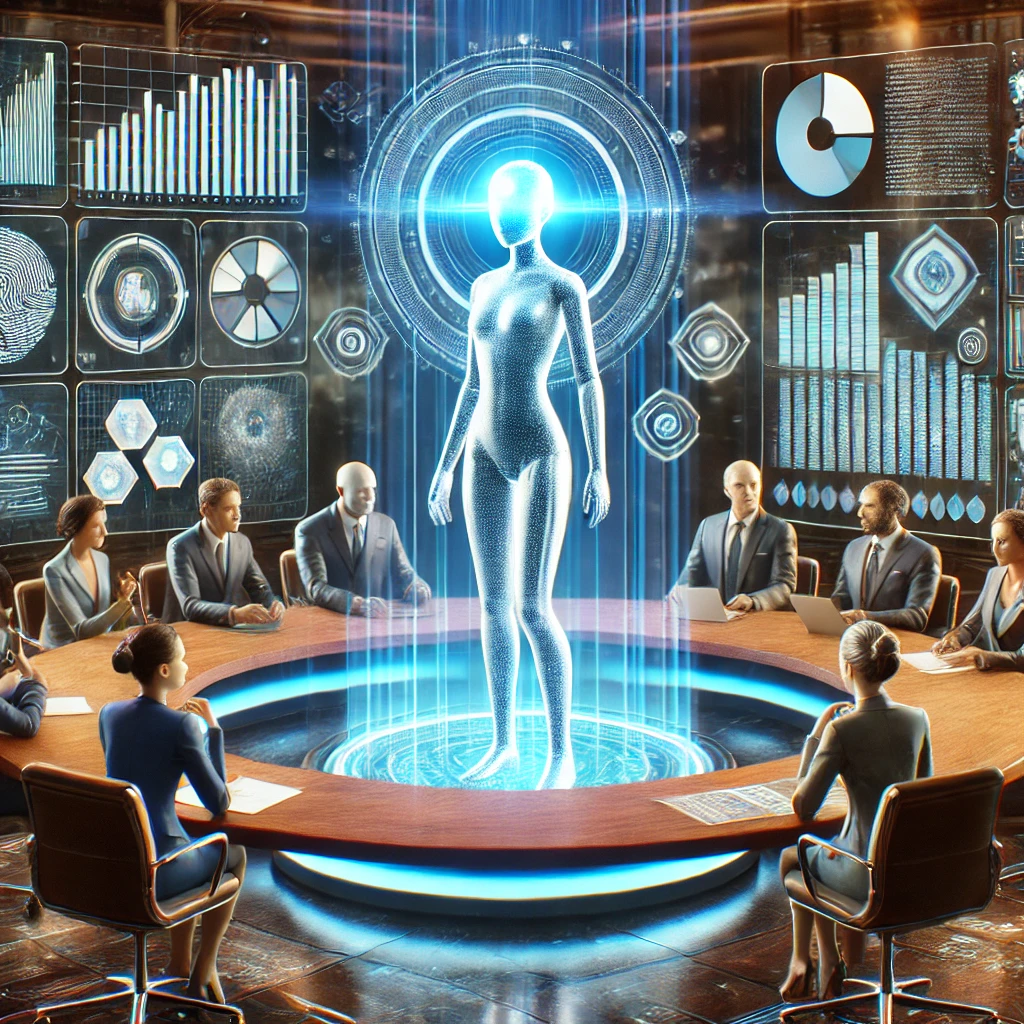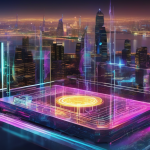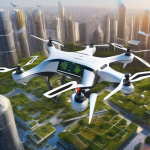Artificial Intelligence and Democracy: Redefining Civic Engagement
How can artificial intelligence (AI) reshape democracy? What does the fusion of cutting-edge technology and governance mean for the future of civic participation? These are...

- 1
What Does AI Think About Democracy?

From a technical perspective, AI views democracy as an optimization problem. It can process vast data to propose solutions, but it lacks the moral compass and emotional intelligence inherent in human decision-making. Ultimately, AI's role in democracy should be to support—not supplant—human leadership.
How can artificial intelligence (AI) reshape democracy? What does the fusion of cutting-edge technology and governance mean for the future of civic participation? These are not just theoretical musings—they are urgent questions facing societies around the globe today. In an age where technology is evolving at breakneck speed, the intersection of AI and democracy offers a fascinating yet complex terrain. This article explores how AI is redefining civic engagement, the benefits and challenges it presents, and what this means for the future of our democratic institutions.
The Promise of AI in Enhancing Democracy#
AI’s potential to enhance democratic systems lies in its ability to analyze vast amounts of data, predict trends, and foster more inclusive participation. At its core, democracy thrives on information exchange and public engagement—areas where AI can act as a transformative force.
Key Benefits of AI in Democracy:
| Benefit | Description |
|---|---|
| Data-Driven Decision Making | AI can analyze public sentiment to guide policy-making in real-time. |
| Improved Accessibility | Chatbots and AI tools can make governance more inclusive for marginalized groups. |
| Efficient Administration | Automation reduces bureaucratic inefficiencies, improving service delivery. |
Can AI Revitalize Civic Engagement?#
What if citizens could vote on policies directly via AI-powered platforms, making participatory democracy a reality? Imagine AI providing instant translations for political debates, enabling global inclusivity. Such scenarios are no longer futuristic fantasies but emerging possibilities.
Real-World Example: Participatory AI#
In Taiwan, AI has been used to gather public opinion through platforms like vTaiwan, allowing citizens to co-create policies with the government. The initiative has shown that when used responsibly, AI can amplify diverse voices and bridge the gap between policymakers and the public.
Challenges: The Dark Side of AI in Democracy#
Despite its promise, integrating AI into democracy is fraught with challenges.
- Algorithmic Bias: Can an AI system truly reflect the diversity of human thought, or will it perpetuate existing biases?
- Privacy Concerns: The data required to power democratic AI systems raises significant ethical questions about surveillance.
- Manipulation Risks: The misuse of AI for political propaganda or voter suppression is a growing concern.
🛈 Info Box: Key Ethical Questions
- How can we ensure transparency in AI algorithms used for governance?
- What safeguards are needed to prevent AI from being weaponized against democratic principles?
Theoretical Perspectives on AI and Democracy#
AI’s role in democracy invites philosophical debates about its ethical implications. As renowned historian Yuval Noah Harari argues in his book 21 Lessons for the 21st Century, “If we don’t regulate AI, it could quickly concentrate power in the hands of a small elite, undermining democracy itself.” Harari emphasizes that while AI can empower citizens, its potential misuse could create authoritarian systems disguised as democracies.
Recommended Reading:
📚 “AI Superpowers: China, Silicon Valley, and the New World Order” by Kai-Fu Lee provides a nuanced perspective on how AI is reshaping global power dynamics, including implications for governance.
The Future of AI-Driven Democracy: A Double-Edged Sword?#
The future of AI in democracy is not a binary story of success or failure—it is a double-edged sword. While the technology has the potential to reinvigorate democratic values by fostering transparency and inclusivity, it could also amplify existing inequities and power imbalances if not managed responsibly.
Key Areas of Focus for Policymakers:#
- Transparency: Ensuring that AI algorithms are explainable and auditable.
- Education: Increasing digital literacy among citizens to prevent manipulation.
- Regulation: Crafting laws that balance innovation with accountability.
FAQ: Common Questions About AI and Democracy#
Conclusion: A Balanced Perspective#
AI is neither a savior nor a villain in the context of democracy. Its impact depends on how it is designed, implemented, and regulated. While it holds the promise of revolutionizing civic engagement, it also requires us to confront deep ethical dilemmas and systemic challenges.
As we navigate this new frontier, the key lies in remembering that technology is a tool—not a replacement for human judgment or values. In the words of Mahatma Gandhi, “The true democracy is where the weakest have the same opportunity as the strongest.” If applied wisely, AI can help us inch closer to this ideal.
















The AI regulation and compliance section is spot on. With the rise of AI adoption, ethical considerations will be crucial.…